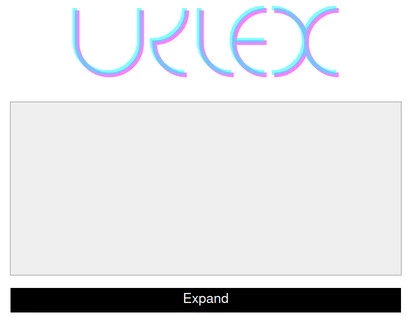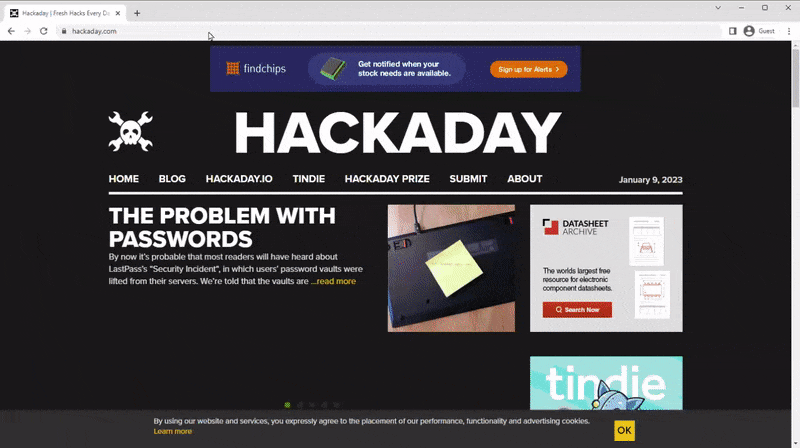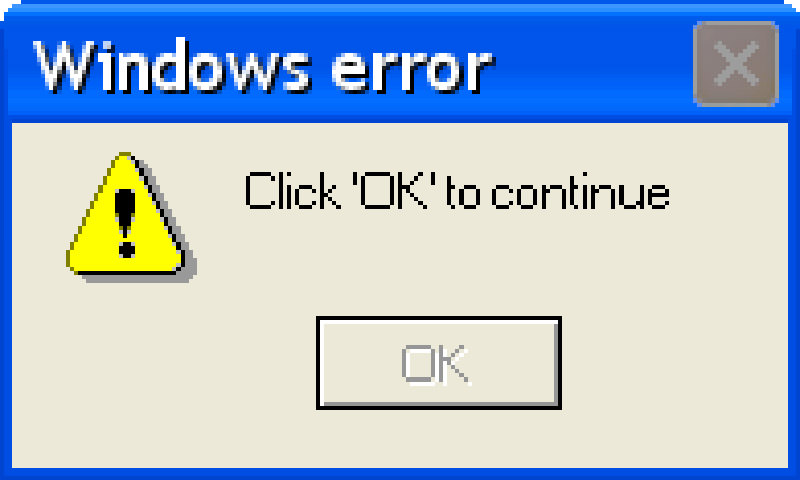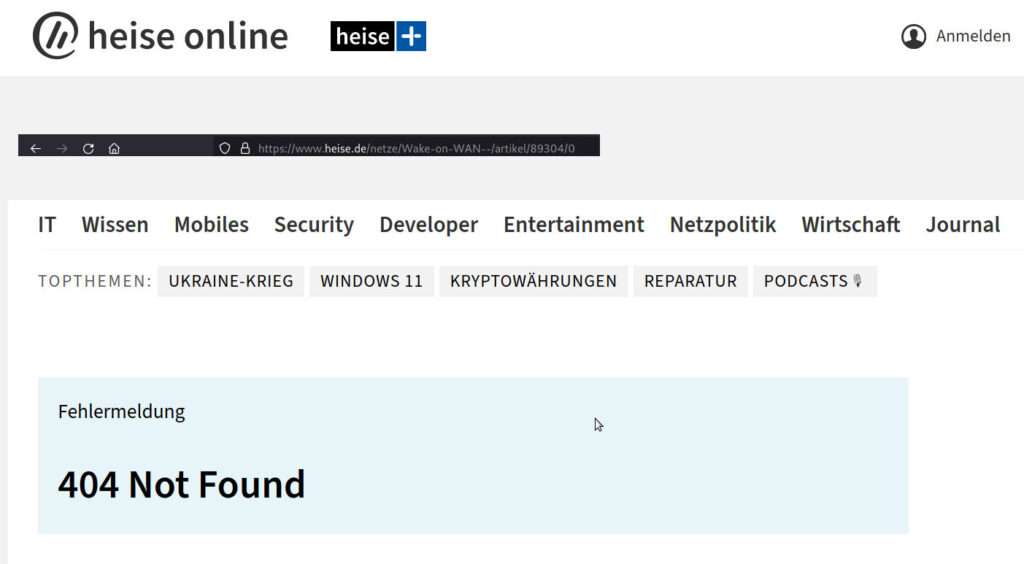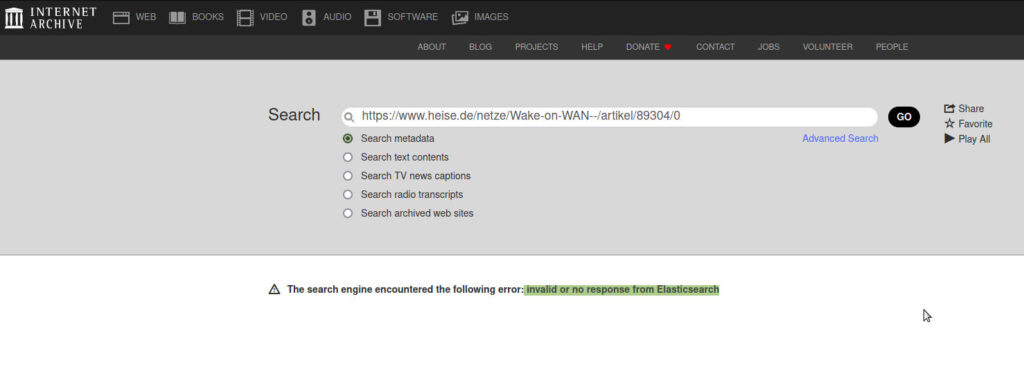21.02.2024 eID des ePerso nicht mehr sicher?
Identität lässt sich auch hier stehlen
Die Antwort ist JEIN, denn ein anonymer Sicherheitsforscher mit dem Namen CtrlAlt hat zwar ein Beispiel aufgezeigt, wie ein Endgerät eines Anwenders durch eine über eine Pishing Mail erhaltene verseuchte App kompromittiert werden kann. Aber in so einem Fall gilt, wie bei allen Fällen, wo Menschen aus eigener "Dummheit" auf Angriffe hereinfallen - selbst schuld.
Mit dieser schnellen Antwort wollte sich Jürgen Schmidt, Leiter heise Security, nicht zufrieden geben und hat das Problem näher untersucht. Er geht vom Anspruch des eID-Verfahrens aus, den sich die Bundesregierung mal gestellt hatte und sagt: Doch der Anspruch des eID-Systems war und ist es, eine digitale Ausweisfunktion bereitzustellen, die auch dann noch sicher ist, wenn das Endgerät des Anwenders kompromittiert wurde – etwa wie hier mit einem Trojaner. Da hält die eID ihr Versprechen als unabhängiger Vertrauensanker nicht ein.
Im weiteren nennt er zwei Verbesserungsmöglichkeiten, eine davon lässt sich schnell anwenden. Es wäre bereits eine Hilfe, wenn die Nutzer eine Liste des BSI einsehen könnten, welche Apps und welche Updates vertrauenswürdig seien und eventuell auch Hinweise zu aktuellen Fake Apps als Warnung. Das BSI prüft diesen Vorschlag zur Zeit.
Der zweite Vorschlag geht ans Eingemachte. Dazu muss man wissen, dass eine ID-Feststellung in der eID App mit einer URL der Form eid://... beginnt. Solche URL-Schemes gelten bereits seit einigen Jahren nicht mehr als sicher, vor allem, wenn sich jede App, also auch ein Trojaner, dort registrieren kann. Sowohl für iOS als auch für Android gibt es sogenannte Universal URLs, bei denen definierte Deep-Links zum Anbieter den Aufruf einer App triggern, wie Heise Security vorschlägt. Die Antwort des BSI auf diesen Vorschlag ist wesentlich zurückhaltender, denn der Ansatz der Universal Links würde "das Ziel der Interoperabilität und Offenheit/Transparenz des eID Systems deutlich einschränken".
Die eID für den ePerso war ja vor vielen vielen Jahren aus der Taufe gehoben worden, um auch Firmen die Möglichkeit zu geben eine sichere Identifikation ihrer Nutzer sicherzustellen. Über Jahre gab es praktisch keine sinnvollen Anwendungen und auch heute kommen die immer noch wenig genutzten aus dem Öffentlichen Dienst. Selbst der vor 2 Jahren eingeführte und von uns verurteilte Zwang zur Freischaltung der eID in jedem neu ausgegebenen Personalausweis hat die Nutzerzahlen kaum beflügelt.
Wir zitieren hier gern eine Meldung aus dem Jahr 2010: Notbremse beim E-Personalausweis ziehen „Die übereilte Einführung des neuen Personalausweises fällt der Bundesregierung schneller auf die Füße als befürchtet" (Die Linke fordert Verzicht auf ePerso ) und verweisen auf über 50 Artikel (s.u.) in denen wir uns mit dem Thema "ePerso" beschäftigen mussten. Wir geben allerdings gerne zu, dass eine verlässliche und sichere Identifikation immerhin eine sinnvollere Anwendung als die ebenfalls staatlich eingeführte (und inzwischen beerdigte) DE-Mail mit stückweise verschlüsselten Nachrichten wäre.
Mehr dazu bei https://www.heise.de/hintergrund/eID-und-AusweisApp-kritische-Sicherheitsluecke-aber-auch-gefaehrlich-9632374.html
und alle unsere Artikel zum ePerso https://www.aktion-freiheitstattangst.org/cgi-bin/searchart.pl?suche=ePerso&sel=meta
Kategorie[21]: Unsere Themen in der Presse Short-Link dieser Seite: a-fsa.de/d/3z6
Link zu dieser Seite: https://www.aktion-freiheitstattangst.org/de/articles/8689-20240221-eid-des-eperso-nicht-mehr-sicher.html
Link im Tor-Netzwerk: http://a6pdp5vmmw4zm5tifrc3qo2pyz7mvnk4zzimpesnckvzinubzmioddad.onion/de/articles/8689-20240221-eid-des-eperso-nicht-mehr-sicher.html
Tags: #eID #ePerso #Fingerabdruck #ElektronischerPersonalausweis #ElektronischerPass #Identitätsdiebstahl #Verbraucherdatenschutz #Datenschutz #Datensicherheit #DE-Mail #Ergonomie #Datenpannen #Vertrauen #Pishing #Unschuldsvermutung #Verhaltensänderung #BSI #URL #App-Liste

 Mozilla is aware of this attack being used in the wild against Tor Browser users.
Mozilla is aware of this attack being used in the wild against Tor Browser users. The Persistent Storage on the USB stick will be lost if you install instead of upgrading.
The Persistent Storage on the USB stick will be lost if you install instead of upgrading.



